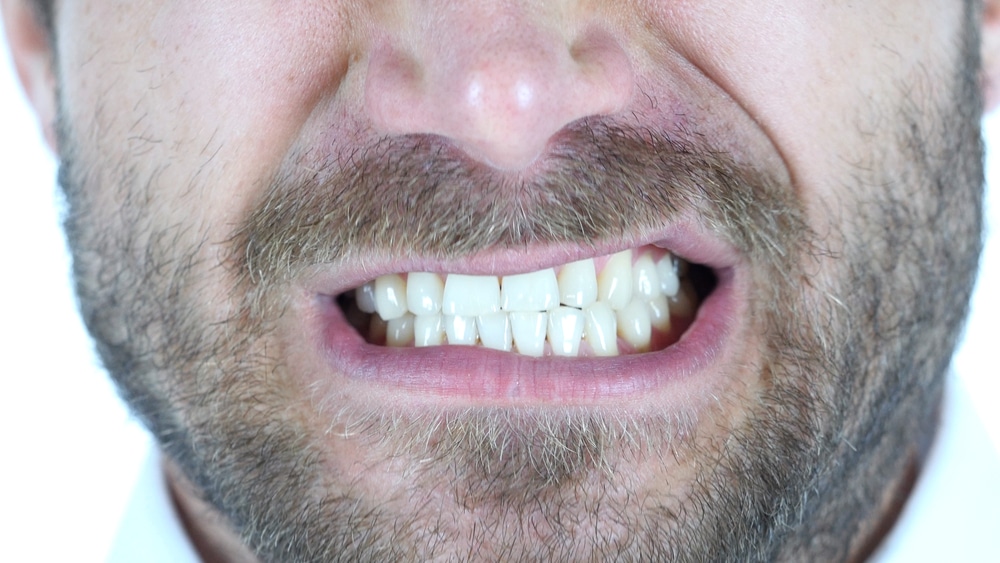
If you’ve ever experienced the discomfort of teeth and gums hurting when you’re sick, you’re not alone. Many people report increased dental sensitivity or pain during illness, leaving them wondering: why do my teeth hurt when I’m sick? Let’s explore some of the common reasons behind this phenomenon and what you can do to alleviate the discomfort.
1. Sinus Congestion:
One of the primary reasons your teeth may hurt when you’re sick is sinus congestion. During illness, particularly colds or sinus infections, the sinuses can become inflamed and congested, putting pressure on the surrounding structures, including the teeth. This pressure can cause discomfort or pain, particularly in the upper teeth, as they are situated close to the sinus cavities.
2. Tooth Grinding:
Stress and discomfort associated with being sick can lead to unconscious habits such as tooth grinding or clenching, especially during sleep. This excessive pressure on the teeth can result in tooth sensitivity or soreness, particularly in the lower teeth and jaw area. If you notice increased tooth pain during illness, it’s essential to be mindful of any teeth grinding habits and consider using a mouthguard to protect your teeth.
3. Dehydration:
Dehydration is a common side effect of illness, as fever, sweating, and decreased fluid intake can lead to a loss of hydration in the body. When your body is dehydrated, your mouth may produce less saliva, which plays a crucial role in protecting the teeth and gums from bacteria and acid. Without an adequate saliva flow, the teeth may become more susceptible to sensitivity or discomfort, especially when consuming hot or cold foods and beverages.
4. Acid Reflux:
Some illnesses, particularly gastrointestinal conditions like acid reflux or gastroesophageal reflux disease (GERD), can lead to the reflux of stomach acid into the mouth. This acid exposure can erode the enamel, the protective outer layer of the teeth, leading to increased tooth sensitivity or pain. If you experience frequent acid reflux during illness, it’s essential to manage the condition with lifestyle changes or medications prescribed by your healthcare provider to protect your dental health.
5. Infection or Inflammation:
In some cases, dental pain during illness may be indicative of an underlying dental issue, such as a dental infection or inflammation. Illness can weaken the body’s immune response, making it more susceptible to oral infections or exacerbating existing dental problems. If you experience severe or persistent tooth pain during illness, it’s crucial to consult with your dentist to rule out any underlying dental issues and receive appropriate treatment.
Conclusion:
While experiencing tooth pain or sensitivity during illness can be uncomfortable, it’s often a temporary side effect that resolves once the underlying illness has passed. However, if you experience severe or persistent dental pain, it’s essential to seek professional dental care to address any underlying issues and prevent further complications.
In the meantime, practicing good oral hygiene, staying hydrated, managing stress, and addressing any underlying health conditions can help alleviate tooth pain and promote overall dental health, even during illness.
